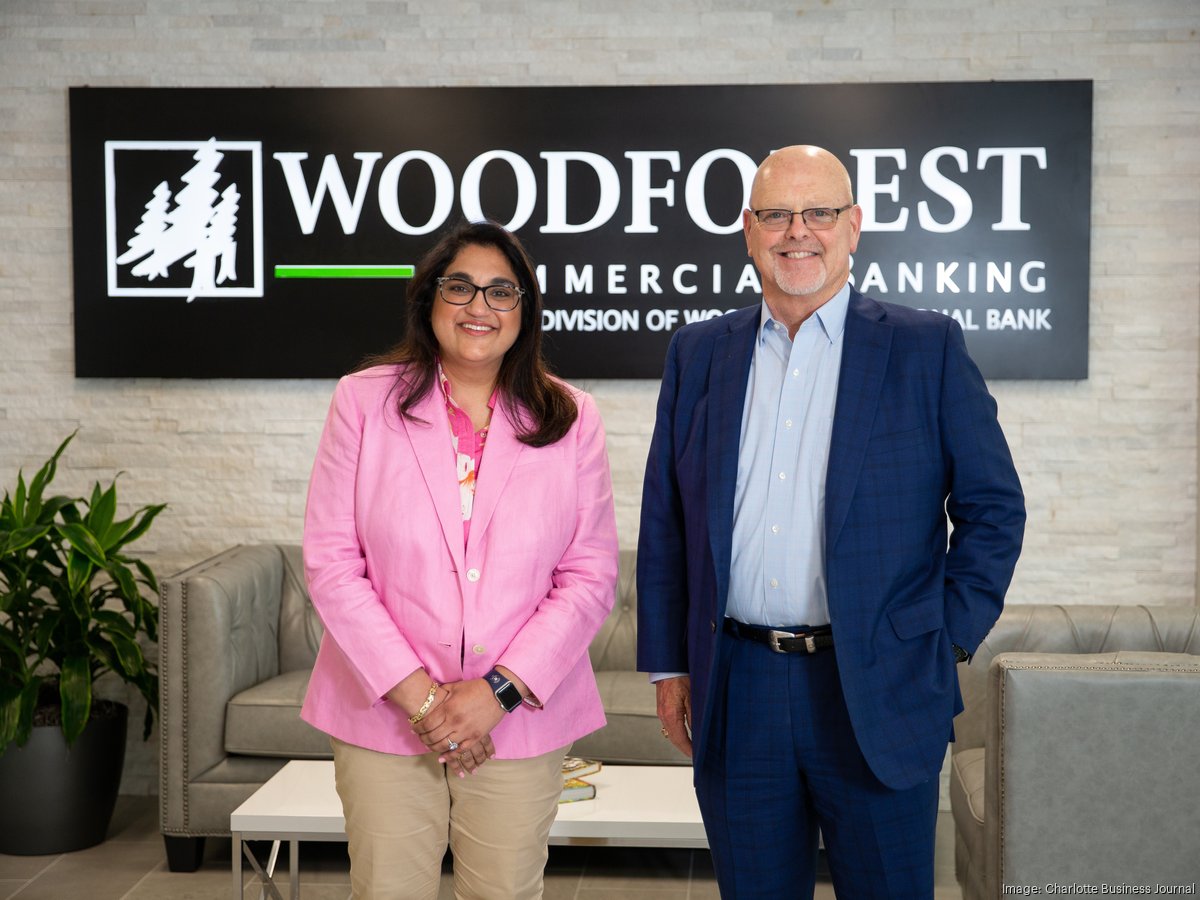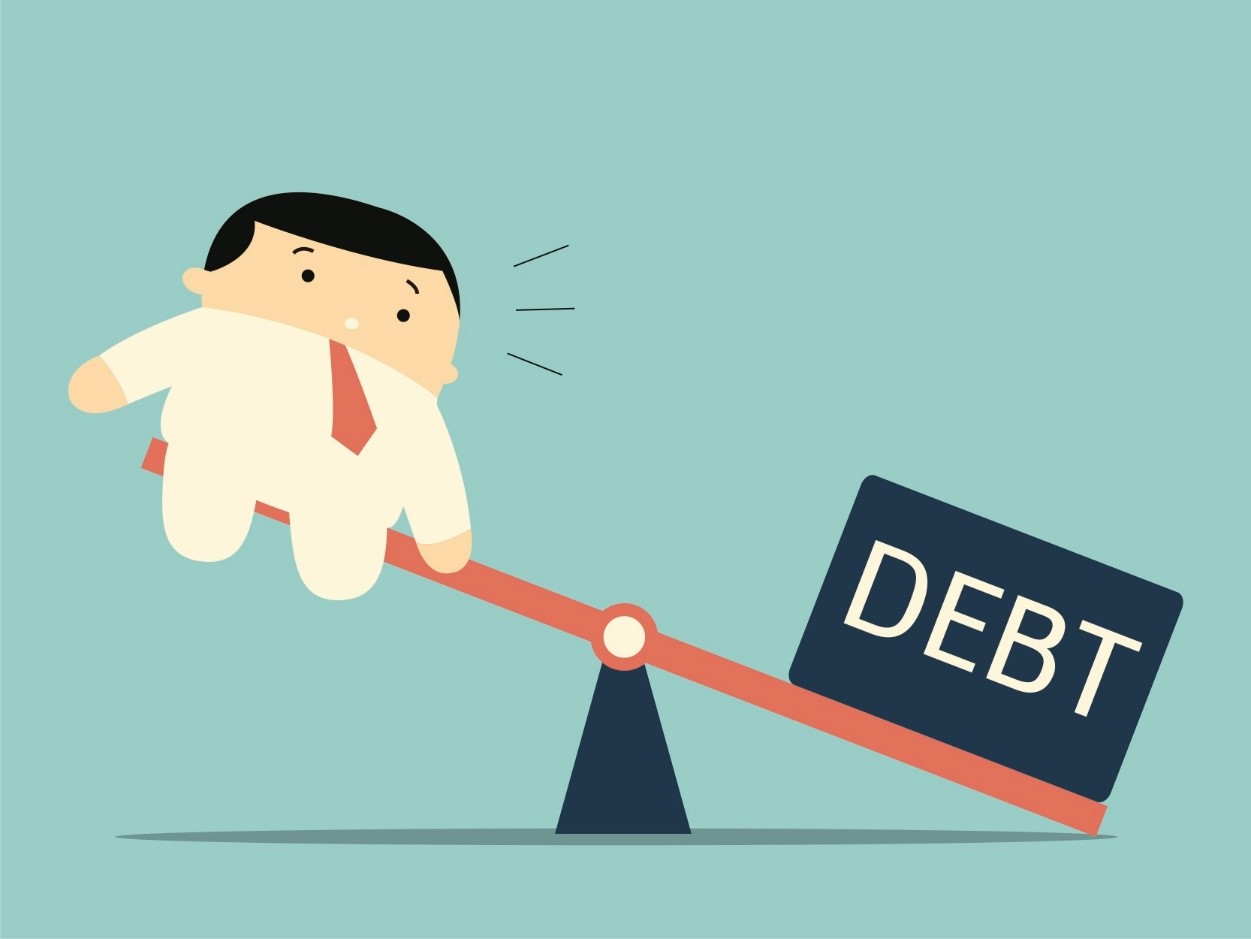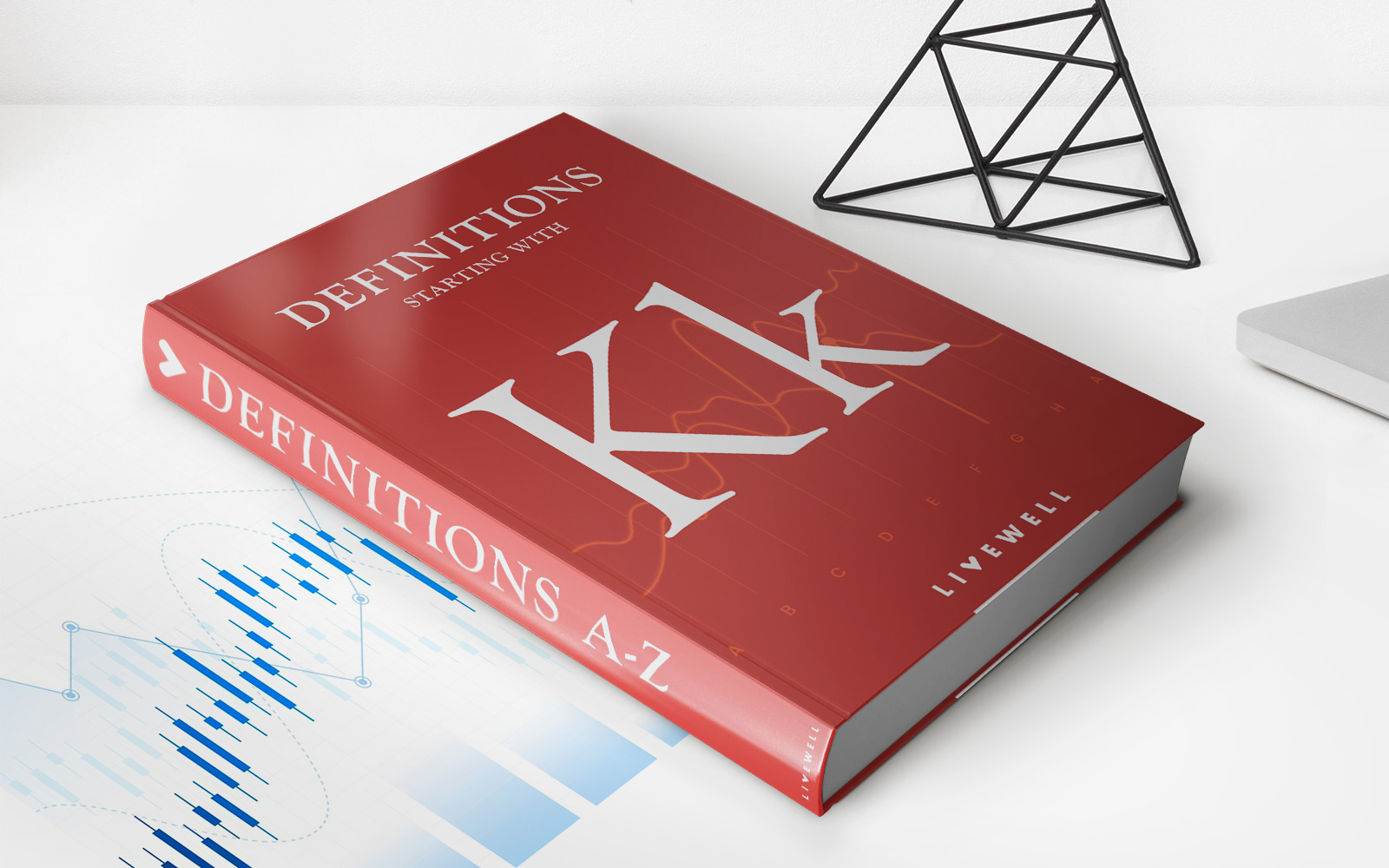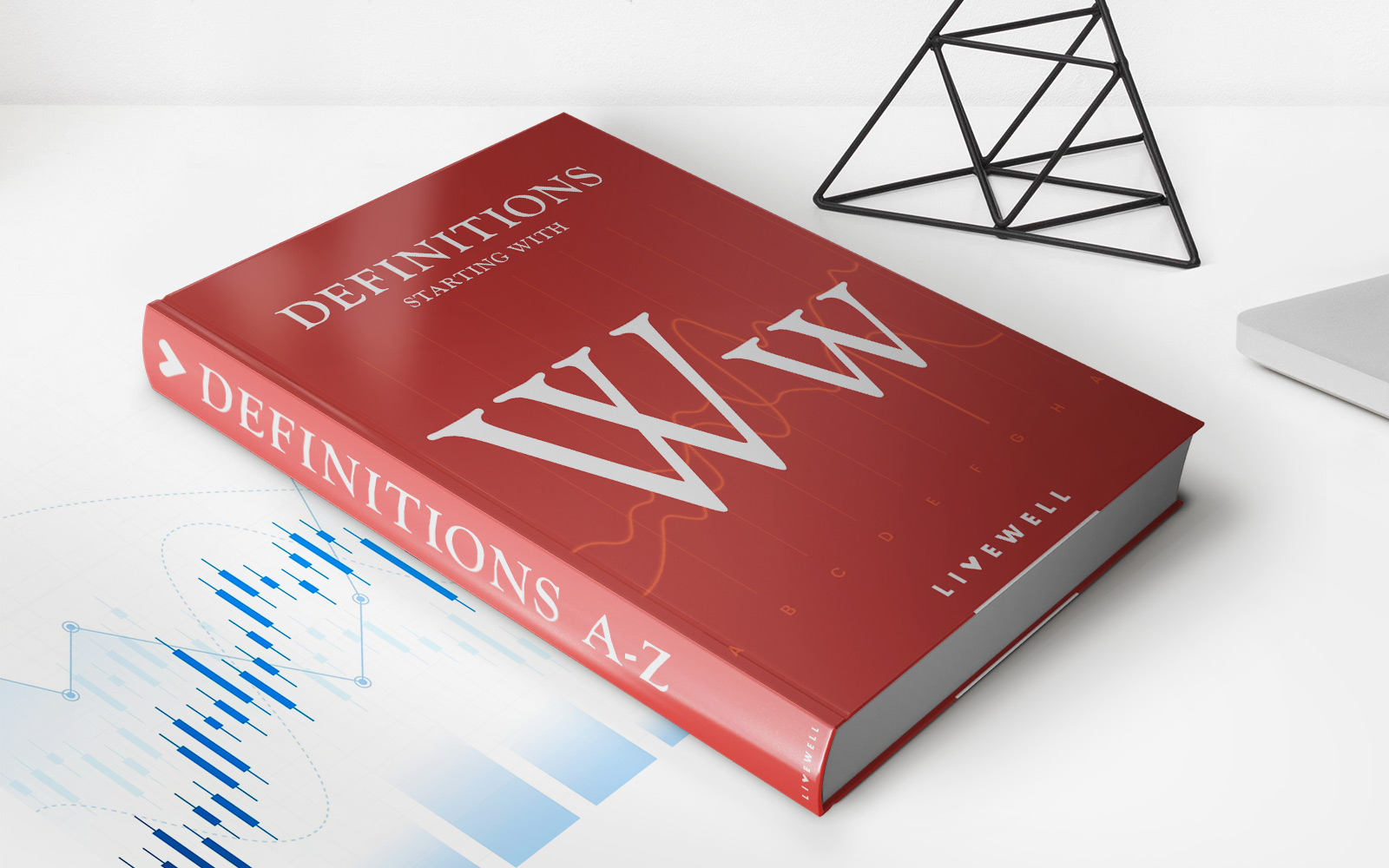

Finance
How Long Are Personal Loans?
Published: February 17, 2024
Looking for finance options? Learn about the lengths of personal loans and find the right solution for your financial needs. Discover more about personal loan terms and repayment options.
(Many of the links in this article redirect to a specific reviewed product. Your purchase of these products through affiliate links helps to generate commission for LiveWell, at no extra cost. Learn more)
Table of Contents
Understanding the Length of Personal Loans
Introduction
When considering a personal loan, one of the most critical aspects to ponder is the loan term or length. The duration of a personal loan plays a pivotal role in determining the overall cost, monthly payments, and financial strategy. Understanding the factors that influence the length of personal loans and how to choose the right term is crucial for making informed decisions.
Personal loans are versatile financial tools that can be used for various purposes, such as consolidating debt, covering unexpected expenses, or funding a large purchase. Unlike specific loans like auto or home loans, personal loans offer flexibility in terms of usage. This flexibility extends to the loan term, allowing borrowers to select a repayment period that aligns with their financial goals and capabilities.
In this comprehensive guide, we will delve into the various aspects of personal loan length, including the factors that influence it, the typical durations, and the considerations for choosing the most suitable term. By the end of this exploration, you will gain valuable insights into the intricacies of personal loan terms, empowering you to make well-informed decisions when navigating the realm of personal finance.
Understanding Personal Loans
Personal loans are a type of installment loan that individuals can use for a wide range of financial needs. Unlike specific-purpose loans such as mortgages or auto loans, personal loans provide borrowers with the flexibility to utilize the funds for various purposes, including debt consolidation, home improvements, medical expenses, or major purchases.
These loans are typically unsecured, meaning they do not require collateral. Instead, lenders assess the borrower’s creditworthiness to determine the loan amount, interest rate, and terms. The application process for a personal loan usually involves providing information about income, employment, credit history, and outstanding debts.
One of the key features of personal loans is that they are disbursed as a lump sum, and the repayment is structured through fixed monthly installments over a specified period. This predictable repayment structure makes personal loans an attractive option for individuals seeking to manage their budget effectively.
Interest rates for personal loans can be fixed or variable, depending on the lender and the borrower’s credit profile. Fixed interest rates remain constant throughout the loan term, providing stability and predictability in monthly payments. On the other hand, variable interest rates are subject to fluctuation based on market conditions, potentially leading to changes in the total interest paid over the life of the loan.
Personal loans offer distinct advantages, including the ability to consolidate high-interest debt into a single, more manageable payment, potentially saving money on interest charges. Additionally, these loans provide quick access to funds and a streamlined application process, making them a practical solution for addressing urgent financial needs.
Understanding the nature of personal loans, including their flexibility, repayment structure, and potential cost-saving benefits, is essential for individuals considering this financing option. As we delve deeper into the factors influencing personal loan length, it becomes evident that the duration of the loan plays a crucial role in shaping the overall borrowing experience.
Factors Affecting Personal Loan Length
When determining the length of a personal loan, several factors come into play, influencing the optimal duration for individual borrowers. Understanding these factors is essential for making informed decisions and selecting a loan term that aligns with one’s financial circumstances and objectives.
- Loan Amount: The amount of money borrowed can significantly impact the loan term. Larger loan amounts may necessitate longer repayment periods to accommodate manageable monthly payments.
- Monthly Budget: Borrowers’ monthly income and expenses play a crucial role in determining the feasible loan length. A longer loan term may result in lower monthly payments, offering greater flexibility within the borrower’s budget.
- Interest Rate: The interest rate on the loan can influence the length of the loan. Higher interest rates may lead borrowers to opt for shorter loan terms to minimize the total interest paid over the life of the loan.
- Financial Goals: Individual financial goals and timelines for achieving them can impact the preferred loan length. For example, individuals seeking to pay off debt quickly may opt for shorter loan terms, while those focused on minimizing monthly payments may choose longer terms.
- Credit Profile: Borrowers’ credit history and credit scores can affect the available loan terms. Those with stronger credit profiles may qualify for more favorable terms, including lower interest rates and longer repayment periods.
- Debt-to-Income Ratio: Lenders often consider the borrower’s debt-to-income ratio when determining the appropriate loan term. A lower ratio may provide more flexibility in choosing a favorable loan length.
By carefully evaluating these factors, borrowers can gain clarity on the optimal loan length that suits their financial situation and long-term objectives. It’s important to note that the interplay of these factors varies for each individual, highlighting the need for personalized consideration when selecting the duration of a personal loan.
Typical Length of Personal Loans
The length of personal loans can vary widely, offering borrowers the flexibility to choose a term that best aligns with their financial goals and repayment capabilities. While specific loan terms may differ among lenders, there are typical ranges that borrowers commonly encounter when seeking personal financing.
Personal loans often feature repayment periods ranging from one to seven years, with some lenders extending terms up to ten years for larger loan amounts. The choice of loan term within this range depends on various factors, including the borrower’s financial situation, the purpose of the loan, and their preferences regarding monthly payments and overall interest costs.
Short-Term Loans: Shorter-term personal loans typically span one to three years. These shorter durations may appeal to borrowers aiming to pay off the loan swiftly and minimize the total interest paid. Short-term loans often result in higher monthly payments but can lead to overall interest savings.
Medium-Term Loans: Loans with medium-term lengths, ranging from three to five years, offer a balanced approach, providing manageable monthly payments while allowing borrowers to spread the cost over a reasonable timeframe. This category of loan terms is popular among individuals seeking a balance between affordability and timely repayment.
Long-Term Loans: Personal loans with longer terms, spanning five to seven years or more, are suitable for borrowers prioritizing lower monthly payments and extended repayment schedules. While longer terms may result in higher overall interest payments, they can offer financial flexibility, especially for larger loan amounts.
Understanding the typical length options for personal loans empowers borrowers to evaluate their preferences and financial capabilities effectively. It’s important to note that the specific terms available may vary by lender, and borrowers are encouraged to explore multiple options to find the most suitable loan length for their unique circumstances.
Choosing the Right Personal Loan Term
When selecting a personal loan term, borrowers are presented with a pivotal decision that can significantly impact their financial well-being. Choosing the right loan term involves a thoughtful assessment of individual circumstances, financial objectives, and the trade-offs associated with different repayment periods.
Assessing Financial Capability: Before deciding on a loan term, borrowers should conduct a comprehensive review of their monthly budget, income stability, and existing financial obligations. This assessment can provide clarity on the feasible monthly payments and the overall affordability of the loan.
Considering Total Interest Costs: Evaluating the total interest costs over the life of the loan is crucial when choosing a term. Shorter loan terms generally result in lower overall interest payments, while longer terms may lead to higher cumulative interest expenses. Borrowers should weigh the trade-off between minimizing interest costs and managing monthly payments.
Aligning with Financial Goals: Personal loan terms should align with borrowers’ broader financial goals. For individuals aiming to become debt-free sooner, opting for a shorter loan term may be advantageous. Conversely, those prioritizing lower monthly payments and seeking financial flexibility may find longer terms more suitable.
Assessing Loan Purpose: The purpose of the loan can influence the optimal term. For example, financing a home improvement project may warrant a longer term to accommodate larger loan amounts, while consolidating high-interest debt may prompt a preference for a shorter, more aggressive repayment period.
Exploring Lender Options: Different lenders may offer varying loan terms, providing borrowers with an opportunity to compare and select the most favorable option. It’s advisable to explore multiple lenders, assess their terms, interest rates, and repayment flexibility, and choose a loan term that best aligns with individual preferences.
Seeking Professional Guidance: For complex financial scenarios or when uncertain about the optimal loan term, consulting with financial advisors or loan officers can provide valuable insights. These professionals can offer personalized guidance based on individual financial circumstances and long-term objectives.
Ultimately, choosing the right personal loan term involves a comprehensive evaluation of financial capacity, long-term goals, and the implications of different repayment periods. By carefully considering these factors, borrowers can make informed decisions that support their financial well-being and contribute to a positive borrowing experience.
Conclusion
Understanding the length of personal loans is fundamental to making sound financial decisions and effectively managing one’s borrowing experience. The duration of a personal loan plays a pivotal role in shaping the overall cost, monthly payments, and alignment with individual financial goals. As borrowers navigate the landscape of personal finance, the considerations surrounding loan length are essential for optimizing their borrowing experience.
Personal loans offer a versatile and accessible means of addressing various financial needs, providing borrowers with the flexibility to utilize funds for debt consolidation, major purchases, or unexpected expenses. The repayment structure of personal loans, characterized by fixed monthly installments, offers predictability and budgeting convenience, contributing to their appeal as a practical financing option.
Factors such as loan amount, monthly budget, interest rates, financial goals, credit profiles, and debt-to-income ratios collectively influence the optimal length of a personal loan. By carefully evaluating these factors, borrowers can select a loan term that aligns with their financial circumstances, repayment capabilities, and long-term objectives.
When exploring the typical lengths of personal loans, ranging from short-term to long-term durations, borrowers gain insight into the available options and the trade-offs associated with different repayment periods. This understanding empowers borrowers to make informed choices that resonate with their financial preferences and objectives.
Choosing the right personal loan term entails a comprehensive assessment of financial capability, total interest costs, alignment with financial goals, loan purpose, and lender options. By considering these factors thoughtfully, borrowers can navigate the decision-making process with confidence, ultimately selecting a loan term that supports their financial well-being.
In conclusion, the length of personal loans is a crucial aspect of the borrowing journey, requiring thoughtful consideration, personalized evaluation, and a strategic alignment with individual financial circumstances and objectives. By gaining a deep understanding of the factors influencing loan length and the implications of different terms, borrowers can embark on a borrowing experience that is tailored to their needs, promotes financial stability, and contributes to their overall financial success.














